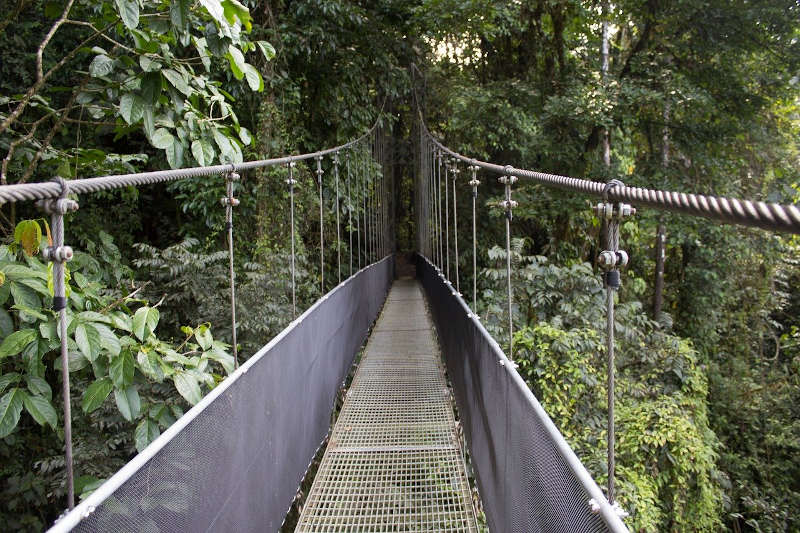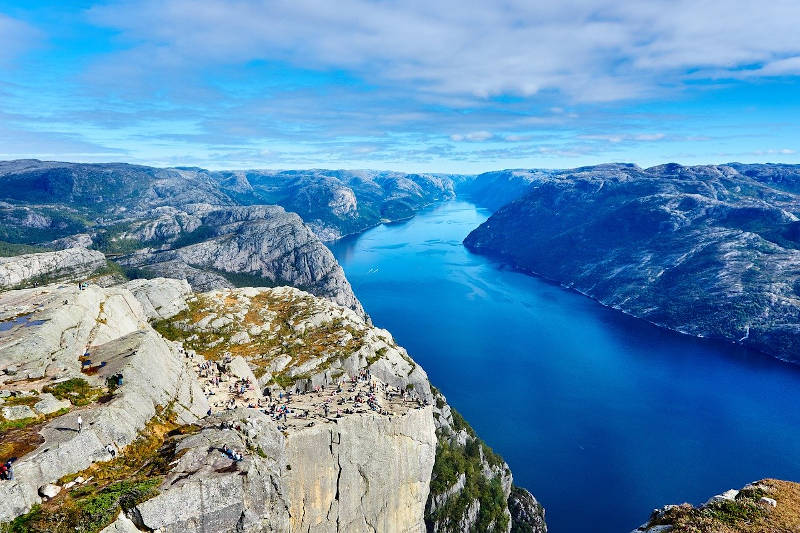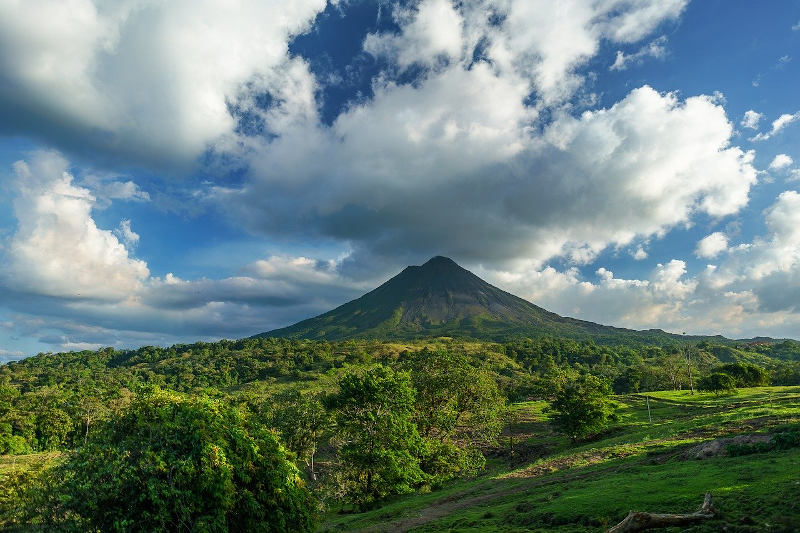
As current health and lifestyle trends continue to move in a more environmentally-conscious direction, the concept of ecotourism has become a popular point of discussion in recent years. But what exactly is it and why has it become so important?
Join us as we unpack all the need-to-knows about what ecotourism (also known as responsible tourism) is, what its effects are, what countries are promoting it, and the state of ecotourism in Africa.
What is ecotourism?

Ecotourism is a form of tourism aimed to minimise the physiological, ecological and environmental impact left by tourists on a location or community. It falls under the umbrella of sustainable tourism which aims to encourage tourists to leave a positive economic, political and environmental impact on any destination they visit.
Responsible tourism encourages both tourists and hosts to abide by some of the following principles:
- Minimise ecological and environmental footprints
- Educate and create awareness and respect for locations, communities and wildlife
- Promote conservation and protection of local nature and wildlife
- Engage with local communities in a respectful, positive and mutually beneficial way.
- Create memorable experiences that help raise awareness of countries’ and communities economic and political situations
Why is ecotourism important?

As climate change and its impact on the planet becomes more of an important discussion in popular thought, there has been a growing interest in sustainable development and how tourism can be promoted in a more responsible environmentally-friendly way.
Mass tourism contributes to overcrowding, environmental damage like pollution and soil erosion, as well as inflated costs of living that local inhabitants may struggle to cope with. The negative effects of over-tourism can already be seen in places like Maya Bay in Thailand, Machu Picchu in Peru and Venice in Italy.
Sustainable tourism is one of the ways that humanity can tackle the problems of environmental destruction while still being able to travel and explore new places.
Enrichment
Ecotourism is more spiritually and culturally enriching than unadulterated mass tourism because you are able to connect with your surroundings in a more personal and impactful way. When you know that you are visiting and interacting with a place that is benefiting and helping protect it, this can foster a lasting, more genuine sense of connection to the place and its people.
Environment

Responsible tourism encourages the conservation and protection of the environment. Ecotour organisations do not offer or support activities that are threatening or harmful to their local surroundings, such as wild animal petting or riding. They also make an active effort to involve the local community in mutually beneficial projects and partnerships.
Education
A great way to learn about a destination, its history and its future is through positive, hands-on experience and demonstrations and ecotourism provides this. Whether you are helping to clean up a beach, volunteering at a centre or taking an action-packed hike led by an ecotour group, you not only have the opportunity to learn about a place, you also get the chance to develop new skills.
Economy
Responsible tourism is concerned with leaving a positive impact on a country’s local economy, and one of the ways it can do this is by inviting members of local communities to participate in tours and development projects. This creates job opportunities for local residents who can find employment as tour guides, facilitators, translators and educators. Employment of locals invests money into their communities that can be used for development and growth.
What countries are known for their sustainable tourism efforts?
While many countries today are investing more time and resources into the field of sustainable tourism and conservation, there are some countries that have become noteworthy for their ecotourism:
Costa Rica

Costa Rica is the country most renowned for its promotion of ecotourism. Having devoted 26% of its land to national parks and wildlife reserves, Costa Rica is serious about its conservation efforts and has successfully integrated environmental protection and economic development. Hike through a coffee plantation or alongside a volcano, taste local dishes at an organic farm or zipline across the jungle canopy!
Ecuador
Ecuador’s efforts to protect its best-known natural attraction, the famed Galapagos Islands, is nothing short of admirable. The Galapagos Islands are famous for their unique range of plant and animal species, most of which are found nowhere else in the world!
Ecuador has declared the archipelago a protected national park and marine reserve. It has introduced a number of policies to promote ecotourism and protect the islands. This includes introducing a park entrance fee that helps to maintain the reserve, limiting the number of tourists allowed on the island at a time, and employing educational programmes about conservation.
Norway
Norway (along with other Scandinavian countries like Iceland) lead the way in Europe when it comes to sustainable tourism and environmental awareness. Norway ensures its ecology and natural surroundings are protected by placing strict limits on hunting, fishing and commercial ventures like oil drilling. Eco-friendly activities in Norway include tours through the famous fjords (kept in pristine condition due to their protected status), river rafting, kayaking, caving, and hiking!
What about ecotourism in Africa?

Ecotourism in Africa as a concept is still developing across the continent but has the potential to be extremely beneficial to African countries. Countries like Ethiopia, Kenya, Benin, South Africa and Namibia are leading sustainable tourism destinations in Africa.
These destinations offer a range of environmentally-friendly ecotours like safaris, permaculture and garden production workshops and education programmes about local ecology, all of which provide local opportunities for employment. Across the continent, ecolodges are becoming more popular, which are constructed from recycled materials, such as wood, water, and even cooking oil!
How to travel sustainably
Here are a few general tips for how to travel more sustainably on your next trip:
- When possible try to fly directly to a destination as it creates less carbon emission
- Consider driving if your destination is local. Try and carpool with a friend if need be, or hop on a bus
- Pack reusable grocery bags and reusable containers to avoid using single-use plastic.
- Don’t support wildlife reserves or organisations offering wildlife interactions that are harmful to the animals, such as cub petting or elephant riding
What country would you like to go to add to your ecotour bucket list, and what would you like to do there? Let us know in the comments below. We’d love to hear from you!
__________________________________________________________________
Go on a journey of culinary discovery with our list of traditional food from around the world!
Cure your cabin fever and travel within the comfort of your own home with our guide to VR travel!
Disclaimer!
All information on this page was correct at the time of publishing and may change at any time without prior notice. Travelstart will not be held liable for loss or inconvenience resulting from the use of out-dated or incorrectly noted information.

